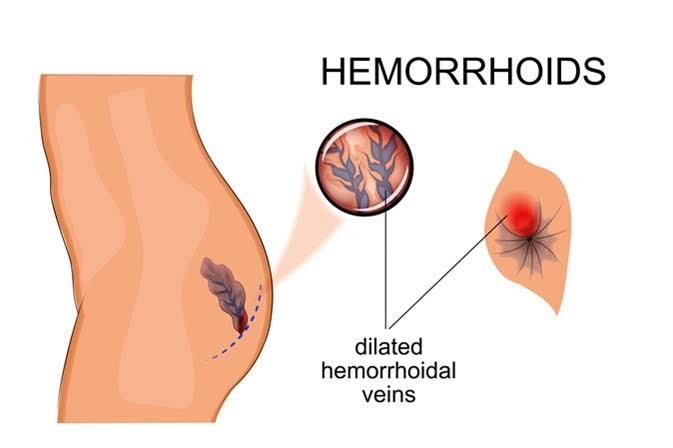Heart disease is a broad term that encompasses various conditions affecting the heart. It is a leading cause of death worldwide, making it crucial to understand the different types of heart disease, such as coronary artery disease, hypertension, and heart failure. In this article, we will delve into these conditions and explore effective prevention strategies to maintain a healthy heart.
Coronary Artery Disease
Coronary artery disease (CAD) is the most common type of heart disease. It occurs when the arteries that supply blood to the heart become narrow or blocked due to the buildup of plaque. This restricts blood flow to the heart, leading to chest pain, heart attacks, and other complications.
To reduce the risk of CAD, it is essential to adopt a heart-healthy lifestyle. This includes regular exercise, a balanced diet rich in fruits, vegetables, whole grains, and lean proteins, and avoiding smoking or excessive alcohol consumption. Monitoring cholesterol levels and managing conditions like diabetes and high blood pressure also play a crucial role in preventing CAD.
Hypertension
Hypertension, commonly known as high blood pressure, is a significant risk factor for heart disease. It occurs when the force of blood against the artery walls is consistently too high, putting strain on the heart and blood vessels.
Lifestyle modifications are key to managing hypertension. Regular physical activity, maintaining a healthy weight, reducing sodium intake, and limiting alcohol consumption can help control blood pressure. Additionally, managing stress levels and avoiding tobacco products are essential in preventing hypertension and reducing the risk of heart disease.
Heart Failure
Heart failure is a condition where the heart is unable to pump enough blood to meet the body’s needs. It can result from various underlying causes, such as CAD, hypertension, or previous heart attacks.
Prevention strategies for heart failure involve managing the risk factors associated with heart disease. This includes adopting a heart-healthy lifestyle, taking prescribed medications as directed, and regularly monitoring blood pressure and cholesterol levels. It is also important to seek prompt medical attention for any symptoms of heart disease to prevent further complications.
Prevention Strategies
While each type of heart disease has its unique risk factors and prevention strategies, some general practices can help maintain a healthy heart:
- Regular Exercise: Engage in moderate-intensity aerobic activities like brisk walking, swimming, or cycling for at least 150 minutes per week.
- Healthy Diet: Follow a balanced diet rich in fruits, vegetables, whole grains, lean proteins, and low-fat dairy products. Limit the consumption of saturated fats, trans fats, cholesterol, sodium, and added sugars.
- Weight Management: Maintain a healthy weight through a combination of regular physical activity and a nutritious diet.
- Smoking Cessation: Quit smoking and avoid secondhand smoke, as it significantly increases the risk of heart disease.
- Stress Management: Practice stress-reducing techniques like meditation, deep breathing exercises, or engaging in hobbies and activities that bring joy.
- Regular Check-ups: Schedule routine check-ups with your healthcare provider to monitor blood pressure, cholesterol levels, and overall heart health.
Remember, prevention is key when it comes to heart disease. By adopting a heart-healthy lifestyle and managing risk factors, you can significantly reduce the chances of developing heart conditions and promote a long and healthy life.
Disclaimer: The information provided in this article is for informational purposes only and should not be considered as medical advice. It is always recommended to consult with a healthcare professional for personalized guidance and advice regarding your specific health condition.




